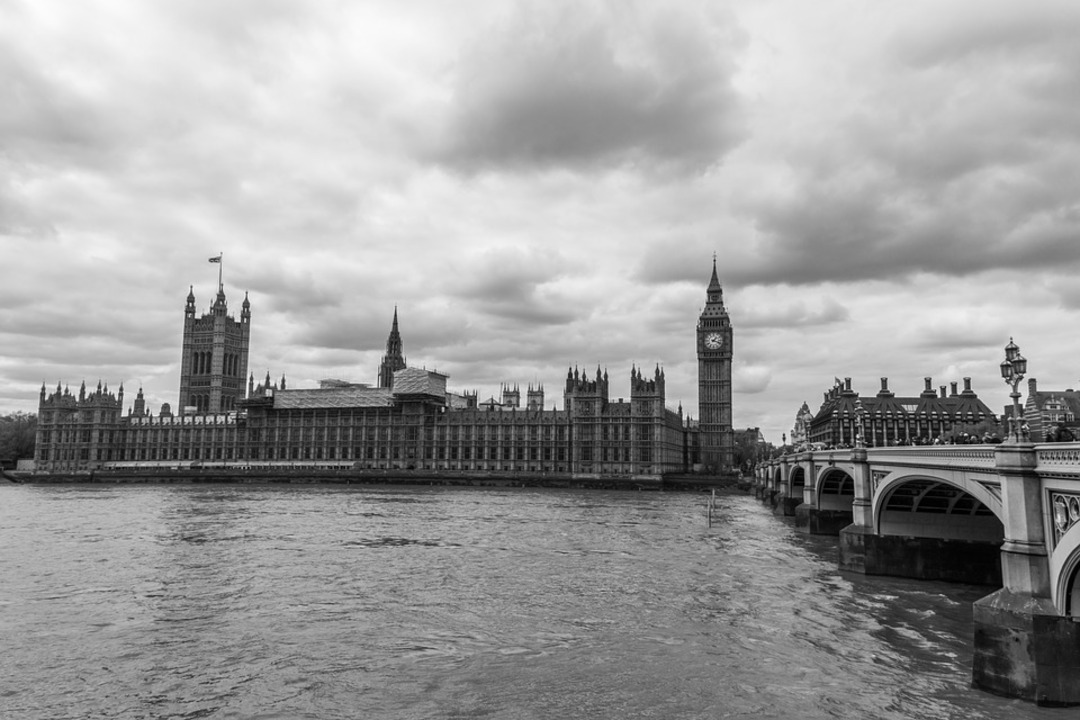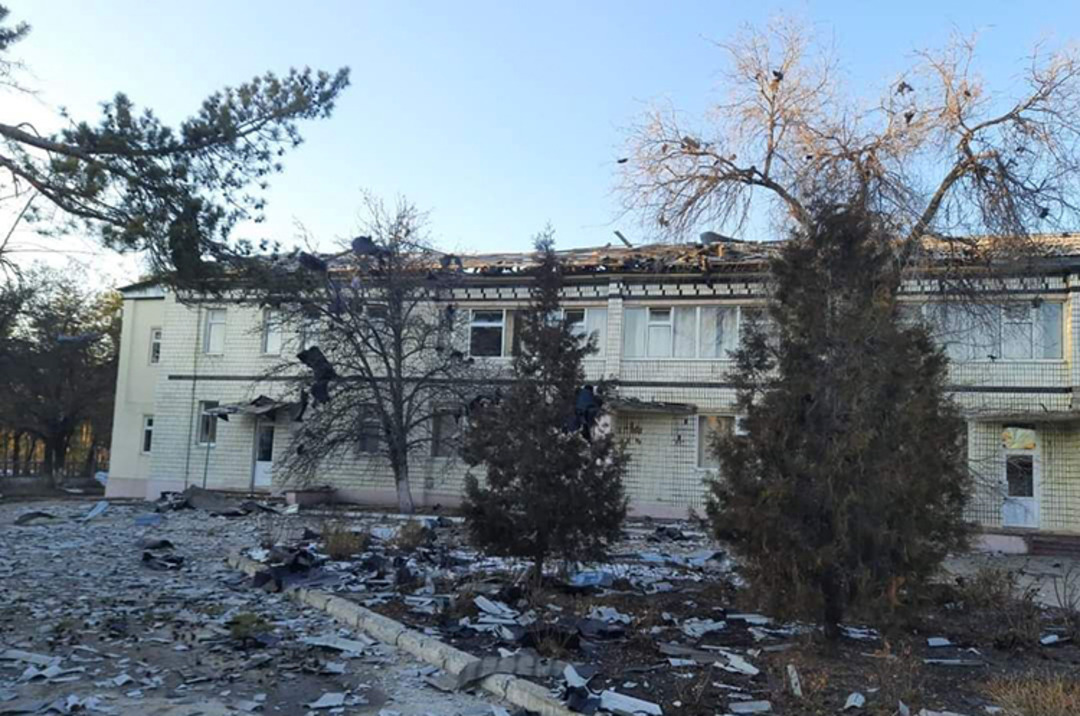-
UK spy head: Putin's advisors fear telling him the truth on Ukraine

The Asharq Al-Awsat reported, the head of Britain's top communications spying agency said Thursday that Russian President Vladimir Putin's advisors fear telling him the truth about his "failing" Ukraine war strategy.
The director of Britain's intelligence agency GCHQ Jeremy Fleming said that Putin had "massively misjudged" the invasion. This comes in a prepared speech to the Australian National University in Canberra.
His remarks, released in advance, echoed US intelligence issued by the White House the previous day indicating Putin was being "misinformed" by his advisors about the progress of the Russian operation.
According to AFP, Western intelligence sources have been keen to play up Russia's failures in the war and highlight divisions within Putin's inner circle.
Fleming said Putin had underestimated the Ukraine resistance, the strength of the international coalition against him, and the impact of economic sanctions.

He added that the Russian leader had also overestimated his own military's ability to secure a rapid victory.
Fleming said: "We've seen Russian soldiers -- short of weapons and morale -- refusing to carry out orders, sabotaging their own equipment and even accidentally shooting down their own aircraft."
UK accused of employing ‘double standards’ over treatment of Ukrainian, Syrian refugees
"And even though Putin's advisors are afraid to tell him the truth, what's going on and the extent of these misjudgements must be crystal clear to the regime."
Russia's public statement this week that it would "radically" reduce combat operations around the capital Kyiv and the northern city of Chernigiv "perhaps shows they have been forced to significantly rethink", Fleming said.
He warned that cyber attacks from Russia remain a threat.
Though some people were surprised that Moscow had not launched a catastrophic cyber attack, Fleming said it was "never our understanding" that such an offensive was central to the Russian invasion.
UK says Russian units forced to return to Belarus, Russia to resupply
He said that Britain's intelligence services had, however, detected a "sustained intent from Russia to disrupt Ukrainian government and military systems."
"We've certainly seen indicators which suggests Russia's cyber actors are looking for targets in the countries that oppose their actions."
Fleming said that on the battlefields in Ukraine, Moscow was using mercenaries and foreign fighters to support its own forces.
Ben Wallace: Britain to boost its military presence in Arctic
They included the Wagner Group, which was "taking it up a gear" after being active in the country since the Russian annexation of Crimea in 2014.
He said: "The group works as a shadow branch of the Russian military, providing implausible deniability for riskier operations."
Fleming noted that Chinese President Xi Jinping had refused to condemn the invasion, providing a level of diplomatic and economic support for Russia.
UK detains superyacht owned by Russian businessman in London's Canary Wharf
"With an eye on re-taking Taiwan, China does not want to do anything which may constrain its ability to move in the future," he said, predicting however that the China-Russia relationship may deteriorate as China's military and economy grow in power.
Source: aawsat
You May Also Like
Popular Posts
Caricature
Syrians' concerns now
- December 10, 2024
Syrians' concerns now #Syria
#Bashar_al-Assad
#Liberation_of_Syria
#Syrians
#Future_of_Syria
#Levant_News

opinion
Report
ads
Newsletter
Subscribe to our mailing list to get the new updates!





















